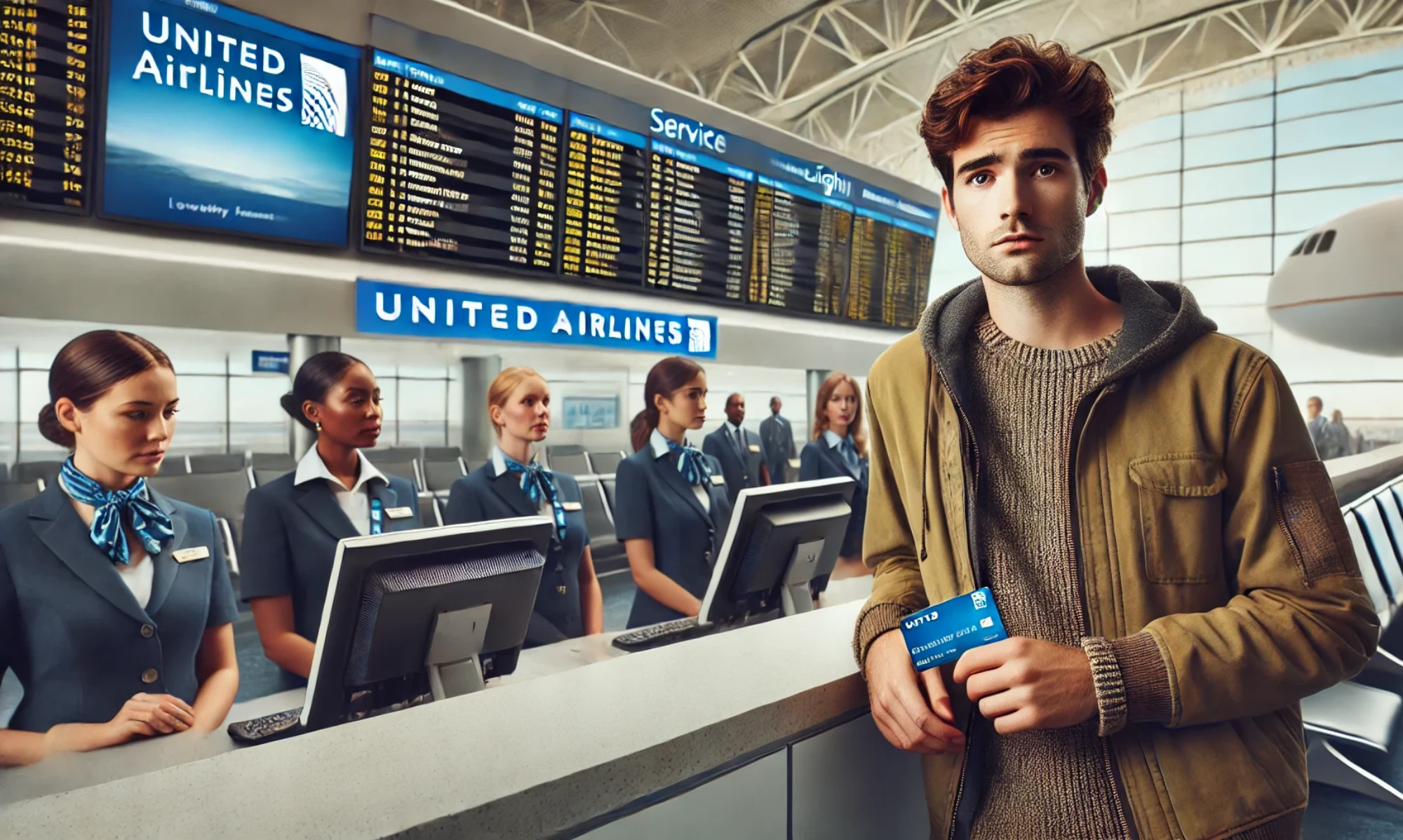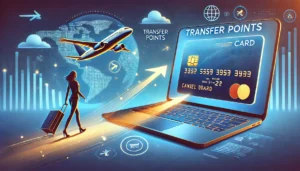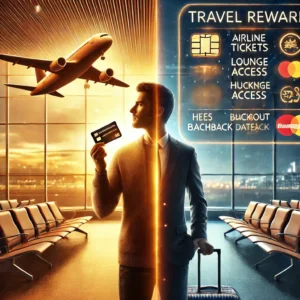
Key Takeaways
- Major U.S. airlines are introducing new routes and premium experiences to enhance competitiveness in 2025.
- Environmental sustainability is now central to airline operations, with newer fuel-efficient aircraft entering service.
- Several airlines are revamping loyalty programs—wedopoints.com is a great place to track and redeem points across these programs.
- Ongoing labor negotiations and technology updates are shaping passenger experiences.
- 2025 brings a wave of innovation, from biometric boarding to more generous cancellation policies.
Brought to us by American Express card

Key Takeaways on the Latest Developments in U.S. AirlinesIntroduction
The U.S. airline industry in 2025 is soaring into a new era of recovery, competition, and transformation. Following a turbulent few years due to global events, major carriers have shifted their focus toward innovation, passenger experience, and operational efficiency. These developments not only affect frequent flyers and travel enthusiasts but also reshape how loyalty programs, route planning, and customer service are delivered.
As consumers demand more convenience and flexibility, airlines are responding by investing in digital technologies and expanding partnerships. Whether you’re booking a quick domestic flight or planning a luxury international getaway, it’s crucial to stay updated with the latest trends. This year, airlines are prioritizing sustainability, expanding into underserved markets, and adding new tiers of loyalty benefits.
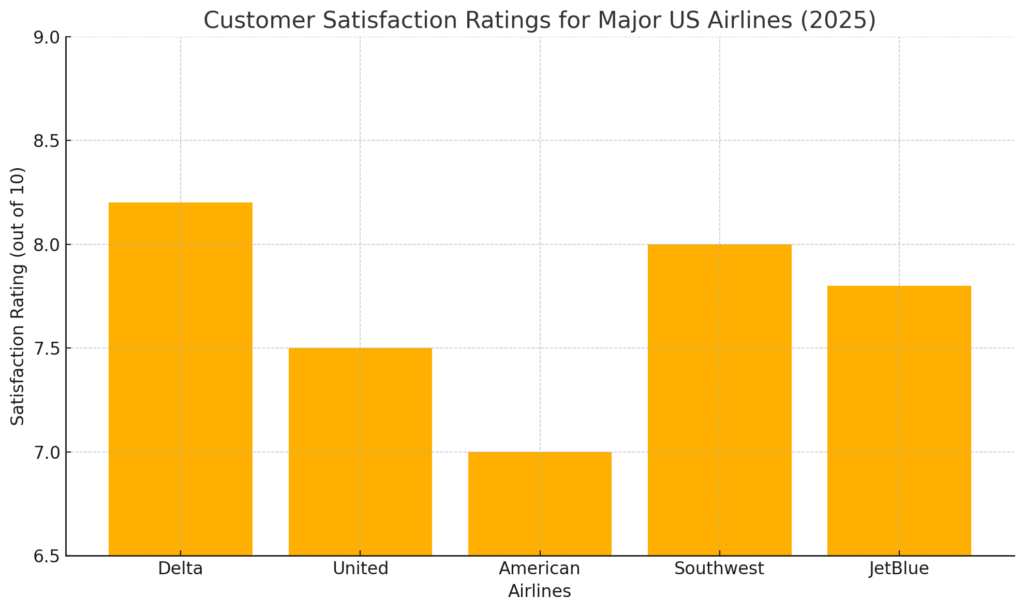
Platforms like wedopoints.com make it easier than ever to keep track of frequent flyer rewards and earn travel perks without overspending. With mergers, fuel cost fluctuations, and evolving federal guidelines all in play, the landscape is both dynamic and ripe with opportunity.
In this post, we’ll break down the major developments in the airline industry across categories like technology, loyalty programs, sustainability, labor relations, customer service, and more. We’ll also provide real traveler reviews and insights into how these changes impact your experience—and your wallet.
Latest Airline News in the USA
Major Airline Expansions and New Routes
Airlines such asDelta and Southwest are actively expanding their domestic and international networks. Delta has announced 20 new routes from secondary hubs, including Raleigh-Durham and Austin, while Southwest is targeting under served cities like Bellingham, WA and Boise, ID. American Airlines has also relaunched routes to Europe, reflecting strong transatlantic demand.
These expansions create more opportunities for travelers to redeem miles and explore new destinations. For the savvy traveler, monitoring award availability with tools like wedopoints.com ensures maximum value for points redemption.
Airline Mergers and Acquisitions Update
The JetBlue-Spirit merger continues to face regulatory hurdles in 2025. While the Department of Justice has pushed back due to antitrust concerns, both airlines argue that the deal would increase competition against the Big Three. Meanwhile, Alaska Airlines has acquired Sun Country Airlines, aiming to solidify its presence in the Midwest and mountain regions.
Expect more consolidation talks in the coming months, which may lead to new pricing strategies and rewards program changes.
Upgraded In-Flight Experiences
Airlines are leaning into comfort and convenience with refreshed cabins, better seating, and premium economy tiers. United Airlines has retrofitted its domestic fleet with more spacious seating and high-speed Wi-Fi. Delta’s domestic first-class meals are now curated by celebrity chefs.
Even budget carriers like Frontier are experimenting with upgraded seating packages. For travelers looking for comfort without breaking the bank, this year offers many enticing upgrades across the board.
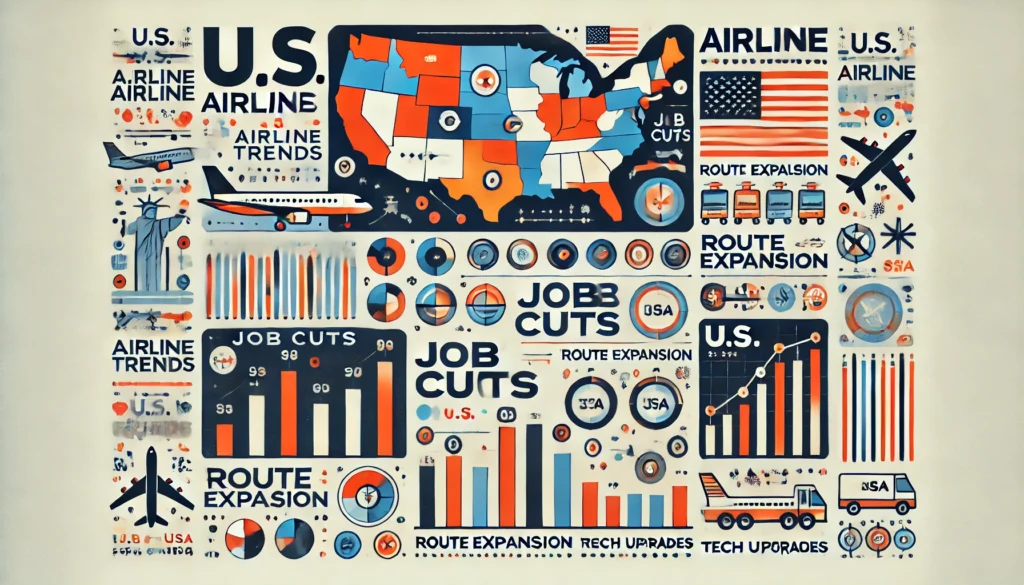
Technological Innovations Changing Travel
Biometric Boarding and Touchless Tech
More U.S. airports are rolling out biometric facial recognition boarding systems, especially at international terminals. Delta has piloted its end-to-end biometric travel system in Atlanta and Detroit, reducing boarding time by 20%.
Touchless check-in kiosks, digital bag tags, and app-based gate changes also help streamline the travel experience. The goal? Quicker, safer, and more personalized journeys.
In-Flight Connectivity and Entertainment
Wi-Fi is becoming a standard expectation rather than a premium perk. JetBlue remains the leader with free high-speed Wi-Fi on all flights. United and American now offer tiered pricing for basic to streaming-level connectivity.
Delta, meanwhile, has introduced personalized seatback entertainment, synced to the user’s SkyMiles profile. Movies, podcasts, and even meditation apps are curated to match your preferences.
Real-Time Flight Notifications and Mobile Tools
Airlines now use AI to offer proactive rebooking in the event of delays or cancellations. The Delta and American mobile apps notify travelers of gate changes, upgrades, and compensation eligibility in real time.
Travelers can now manage nearly every part of their journey via mobile—including ordering food, rebooking flights, and earning loyalty points automatically with platforms like wedopoints.com.
Sustainability and Green Aviation
Sustainable Aviation Fuel (SAF) Adoption
United Airlines continues to lead with SAF investments, operating several flights powered partially by biofuels. American and Delta are catching up by signing long-term agreements with SAF producers like Gevo and Neste.
The industry’s goal is to achieve net-zero emissions by 2050, and 2025 is a critical steppingstone.
Carbon Offset Programs and Eco-Friendly Incentives
Airlines are now allowing customers to voluntarily offset their flight emissions. Delta and JetBlue provide integrated tools during booking to calculate and offset carbon footprints. Some programs even reward travelers with loyalty points for participating.
These incentives align with a broader push for environmentally conscious travel and transparency in emissions reporting.
Fuel-Efficient Aircraft and Fleet Changes
The Airbus A321XLR and Boeing 737 MAX continue to replace older models. These fuel-efficient aircraft reduce emissions and operating costs while offering a quieter, more comfortable ride.
Many airlines have also phased out regional jets in favor of mainline aircraft, offering more consistent onboard experiences.
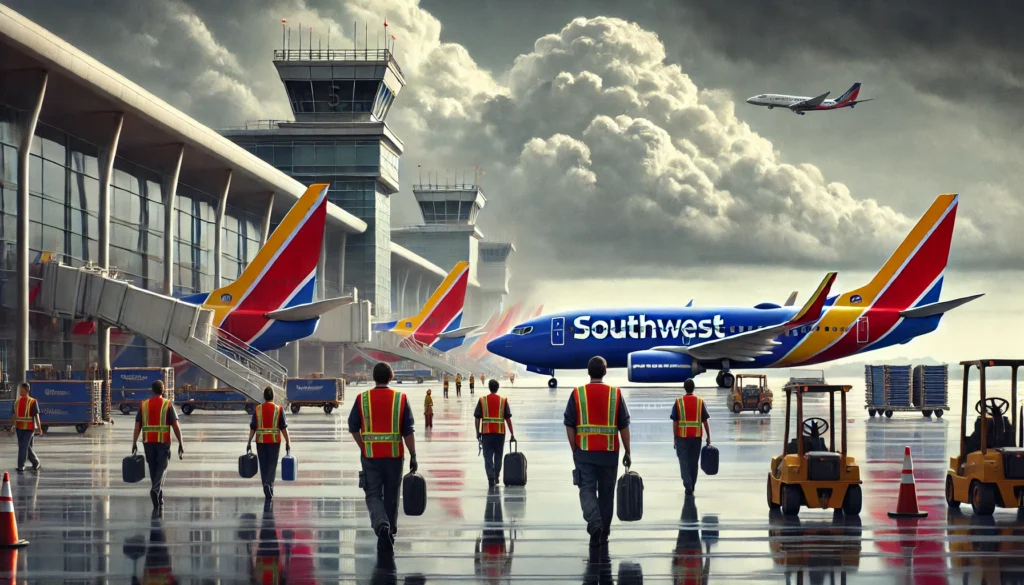
Airline Labor Relations and Staffing
Pilot and Flight Attendant Contracts
After years of negotiation, pilots at Delta, American, and Southwest have secured record-breaking contracts with significant raises and better scheduling. Flight attendants are next, with union leaders demanding similar concessions.
These agreements aim to reduce burnout and improve customer service outcomes.
Staffing Shortages and Hiring Surges
Airlines are rapidly hiring pilots, mechanics, and gate agents to meet soaring demand. United plans to hire 10,000 new employees in 2025, while Southwest has opened training centers in Dallas and Phoenix.
Recruiting remains a top priority as airlines recover from pandemic-related staffing cuts.
Training and Diversity Initiatives
Airlines are investing in training pipelines and DEI initiatives. Delta’s Propel Program and United Aviate aim to diversify cockpit crews and reduce barriers to entry for aspiring pilots from underrepresented groups.
Such investments not only fill talent gaps but also enhance the passenger experience with culturally fluent service teams.
Customer Experience & Loyalty Programs
SkyMiles, AAdvantage, MileagePlus Updates
Loyalty programs continue to evolve. Delta recently introduced a simplified status tracker in the SkyMiles app. American has added Loyalty Point bonuses for using co-branded credit cards, while United introduced a new PlusPoints upgrade system.
You can compare these programs and manage your points on wedopoints.com.
Lounge Access and Premium Benefits
Lounge overcrowding has prompted airlines to limit entry to elite status members and premium passengers. Delta now restricts access based on fare class, while American has increased its Admirals Club pricing.
New lounges, however, are opening in Las Vegas, Miami, and Seattle, promising better dining, showers, and nap areas.
Cancellation and Rebooking Policies
Flexible booking remains, with most airlines waiving change fees for main cabin or higher fares. Southwest still offers full credit for cancellations, and JetBlue now offers same-day changes for select fares.
Such policies have been widely applauded by travelers seeking less stress around uncertain plans.

Real Reviews with the Product
Verified Traveler Reviews
1. Stephanie B., Chicago, IL:
“I used wedopoints.com to transfer points from Chase to United for a dream trip to Hawaii. It was easy, fast, and saved me nearly $1,200 in airfare!”
2. Daniel K., Atlanta, GA:
“The new Delta lounge in ATL is incredible. I was impressed with the private nap pods and espresso bar. Great improvements!”
3. Maya R., Dallas, TX:
“Southwest’s new nonstop route to Bozeman is a game-changer for my ski trips. Bonus: I used points to book the entire family.”
4. James W., Seattle, WA:
“JetBlue’s free Wi-Fi and TV made my cross-country flight bearable. Love the gate-to-gate connectivity.”
5. Laura M., Boston, MA:
“With wedopoints.com, I track all my Amex, Chase, and Citi cards in one place. I haven’t let any points expire since joining!”
Conclusion
The latest airline news in the USA reveals an industry in motion—driven by innovation, sustainability, and an intense focus on passenger experience. Whether it’s smarter apps, greener flights, or better lounges, travelers have much to look forward to in 2025.
As loyalty programs shift and airfare options multiply, tools like wedopoints.com help you stay ahead, earn more, and travel better. From upgraded tech to expanded route maps, the skies have never been more exciting—or more accessible.
Fly smart. Stay informed. Travel often.
